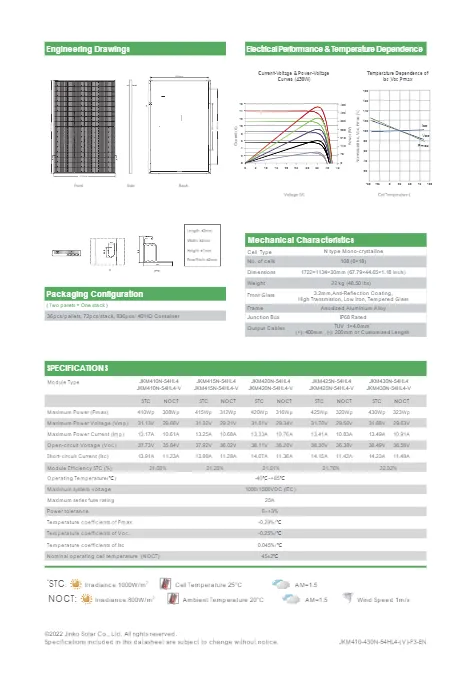hybrid inverter function
Understanding Hybrid Inverter Function A Revolution in Energy Management
In the modern age where sustainability and renewable energy sources have gained significant momentum, hybrid inverters are becoming vital components in energy management systems. These innovative devices combine the functionalities of both grid-tied and off-grid systems, providing a versatile solution for residential and commercial energy needs. Let’s delve into the workings of hybrid inverters, their benefits, and their role in the renewable energy landscape.
What is a Hybrid Inverter?
A hybrid inverter is a sophisticated device that integrates solar panel systems with energy storage solutions (like batteries) and the electrical grid. Unlike traditional inverters, which only serve a single purpose, hybrid inverters can simultaneously manage energy coming from multiple sources. This includes solar energy generated from photovoltaic (PV) panels, stored energy from batteries, and additional power from the grid. Because of this ability to switch and manage energy inputs seamlessly, hybrid inverters offer enhanced flexibility and efficiency.
Key Functions of Hybrid Inverters
1. Energy Conversion Hybrid inverters convert the direct current (DC) produced by solar panels into alternating current (AC) used in homes and businesses. This conversion is fundamental in ensuring that the electricity generated can be utilized for everyday appliances.
2. Battery Management One of the standout features of hybrid inverters is their ability to manage battery charging and discharging intelligently. They ensure that batteries are charged during peak solar production times and discharge during periods of high energy demand or when solar generation is low. This optimizes energy usage and enhances the reliability of power supply.
3. Grid Interaction Hybrid inverters can operate in grid-tied mode, where they can send excess solar energy back to the grid, earning potential credits or financial compensation. Additionally, in the event of a grid failure, they can switch to off-grid mode, providing backup energy to the household or business.
hybrid inverter function

4. Monitoring and Control Most modern hybrid inverters come equipped with advanced monitoring systems, allowing users to track energy production and consumption in real time. This data can be accessed through mobile applications or web-based platforms, giving users greater control over their energy usage.
Benefits of Hybrid Inverters
- Energy Independence By utilizing both solar energy and battery storage, hybrid inverters enable homeowners and businesses to reduce their dependence on the grid. This is particularly beneficial in regions with unreliable power supply or rising electricity costs.
- Cost Savings Over time, running a hybrid solar system can lead to significant cost savings on electricity bills. By storing energy during low-demand periods and using that stored energy during peak hours, users can lower their consumption from the grid.
- Environmental Impact Utilizing solar energy minimizes reliance on fossil fuels, leading to reduced carbon emissions. By adopting hybrid inverter technology, individuals and organizations contribute to a more sustainable future.
- Flexibility and Scalability Hybrid systems offer flexibility in terms of energy management. As energy needs change, users can easily scale their systems by adding more solar panels or batteries without a complete overhaul of their setup.
Conclusion
The hybrid inverter represents a significant advancement in the energy management landscape, allowing for greater efficiency and flexibility in how energy is sourced and consumed. By integrating solar power with battery storage and grid connectivity, hybrid inverters not only provide improvements in energy independence and reliability but also contribute to substantial cost savings and environmental benefits. As more individuals and businesses transition toward renewable energy, the role of hybrid inverters will likely continue to grow, symbolizing a key step toward a sustainable energy future. Whether you're considering an upgrade to your home energy system or exploring options for a new installation, understanding the function and benefits of hybrid inverters is essential for making informed decisions in the era of green energy.
-
Navigating Off Grid Solar Inverter: From Use Cases to Trusted PartnersNewsAug.05,2025
-
Solar Edge String Inverter: A Wholesaler’s Guide to Inverter Technology SelectionNewsAug.05,2025
-
Microinverters: Revolutionizing Solar Energy UseNewsAug.05,2025
-
Future of Monocrystalline Solar Panel Efficiency: Latest Technological AdvancesNewsAug.05,2025
-
Solar Panels for House: A Complete Guide to Residential Solar EnergyNewsAug.05,2025
-
Panel Bifacial Performance in Snow and Low-Light ConditionsNewsAug.05,2025







